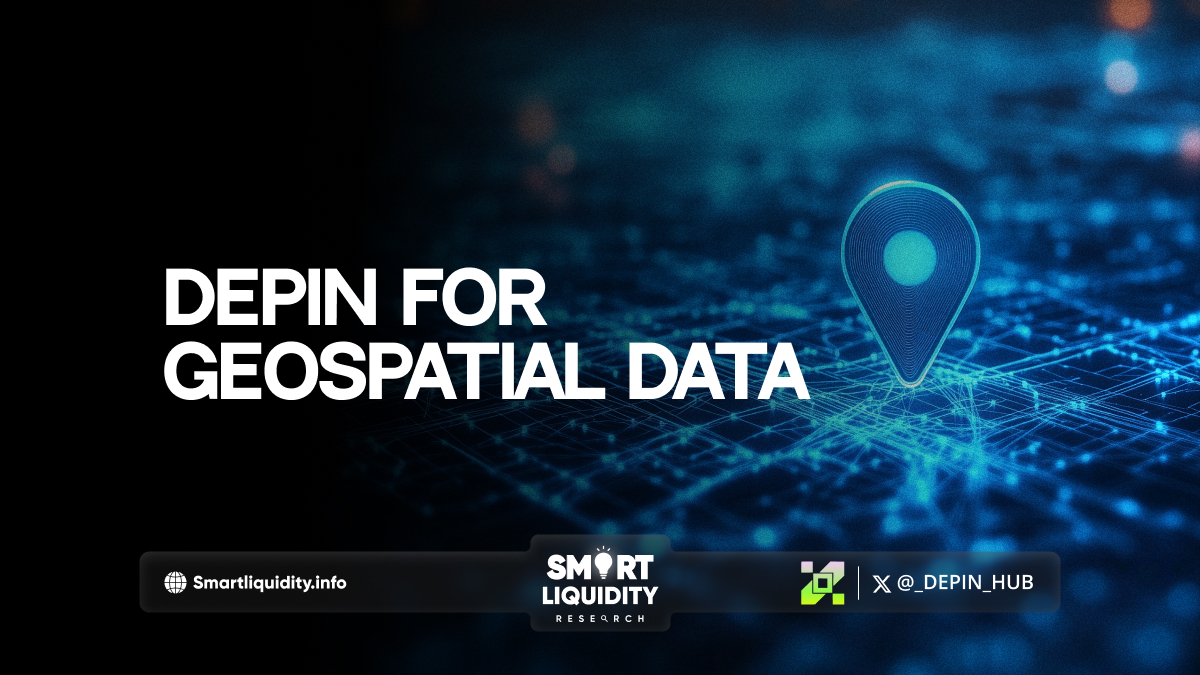DePIN for Geospatial Data


DePIN for Geospatial Data: A Decentralized Approach
Decentralized Physical Infrastructure Networks (DePIN) are transforming how geospatial data is collected, stored, and shared. By leveraging blockchain and decentralized technologies, DePIN ensures accurate, transparent, and censorship-resistant geospatial data for applications in mapping, climate monitoring, urban planning, and beyond.
Benefits of DePIN for Geospatial Data
- Decentralized Data Collection – Crowdsourced IoT devices, drones, and satellites contribute real-time geospatial data without reliance on centralized entities.
- Tamper-Proof Records – Blockchain technology ensures data integrity, preventing manipulation or unauthorized alterations.
- Incentivized Participation – Contributors earn tokens or rewards for providing high-quality geospatial data.
- Global Accessibility – Open-source, decentralized storage makes geospatial data available to researchers, developers, and businesses worldwide.
Use Cases
- Decentralized Mapping – Projects like Hivemapper use DePIN models to crowdsource real-time map data.
- Climate & Environmental Monitoring – Sensors track air quality, deforestation, and weather patterns for research and disaster response.
- Smart Cities & Urban Planning – Decentralized networks optimize traffic flow, infrastructure planning, and public services.
By integrating DePIN into geospatial data networks, the industry moves towards a more transparent, efficient, and community-driven future for mapping and location-based services.
DISCLAIMER:
“The information provided on this platform is for general informational purposes only. All information on the platform is provided in good faith; however, we make no representation or warranty of any kind, express or implied, regarding the accuracy, adequacy, validity, reliability, availability, or completeness of any information on the platform.”




